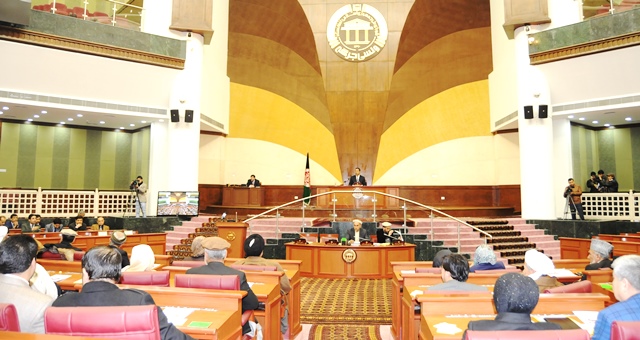One approach to combat the issue of corruption among government officials and public representatives, whose assets and properties usually see a mushroom growth after being involved in numerous backdoor deals and briberies during their terms of office, has been the explicit articles enshrined in the Constitution that, at least, attempt to discourage such behavior. The supreme law requires all high-ranking government authorities to register and publish their wealth prior to and after their terms of office. Meanwhile, a bill was passed by the parliament a few years ago on asset registration and dissemination but it’s not being implemented properly. The irony is that the lawmakers themselves don’t comply with the law. In a recent measure, the government has suspended the salaries and privileges of its 197 high-ranking officials and workers for not registering their assets and properties. Surprisingly among them, 184 are legislators who have refused to do so. The government officials and parliamentarians are required to register their wealth every year; however, they don’t do so. Meanwhile, the government consistently suspends their salaries but to no avail. Last year, the salaries of 483 government workers were put off. On the other hand, some of these authorities and representatives have found another way to circumvent this law. In the past, it has been known that several violators had registered wrong information that showed less wealth. Some of them who had been caught red-handed were also referred to the Attorney General’s Office (AGO). But it seems nothing discourages them to not indulge in corruption – something that in turn forces them to hide their assets acquired illegally and through embezzlement. The most embarrassing paradox is that the lawmakers themselves – who were the ones to approve the law – are being a hindrance to the law’s implementation. Their refusal to register wealth leaves a bad example for the rest of the government employees to follow. And it also doesn’t make sense that if legislators won’t observe the law, why ordinary employees should do so. Therefore, the government needs to change its approach to this issue and find alternative ways in terms of being stricter and rigid during the law’s implementation. Suspending salaries and referral to AGO have turned into a normal consequence for such violators. One solution could be public humiliation of such persons by releasing their names to the media – hopefully that would be a factor to compel them into applying the law.

????????????????????????????????????
 Afghanistan Times
Afghanistan Times



